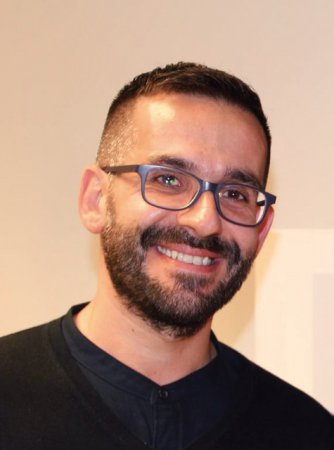Abstract by Dr. Massimo Prearo
During the summer of 2013, on the occasion of the parliamentary discussion of 3 bills, respectively on the recognition of same-sex civil unions, on gender education, and the fight against homophobia and transphobia, a new group with a French name, has raised in the streets of Rome, before spreading throughout Italy: La Manif Pour Tous Italia. A group that, born directly from the approval of the French original association, introduces itself as non-political and non-religious, but whose members are all avowedly Catholic and affiliated with the ecclesial movement of the Neocatechumenal Path.
Immediately supported by right-wing and far-right politicians, this group (which later became Family Generation in 2016, and then Pro-Life and Family in 2019) was born to oppose public policies, laws, and bills concerning women and LGBTQI+ rights. In their eyes, those are the result of the spread of a new form of totalitarian and anti-natural ideology, which they generally call “the theory of gender” or “gender ideology.” The first phase was focused on building a movement of protest in the streets, particularly by the organization of several local and national demonstrations, such as the so-called Family Day, in 2015 and 2016. Taking advantage of the political opportunities offered by some national and European elections and thanks to the close alliance with the League and Brothers of Italy, the anti-gender movement has become a political actor, able to influence populist right-wing forces’ ideology and programs. But also, decisions and debates on gender, sexuality, and family in Italy.
To summarize, this movement has been able to renew the modalities of action of an area of radical Catholicism through 1. an extra-ecclesiastical positioning out the spaces of the Italian Catholic Chruch; 2. an extra-Catholic positioning beyond the religious-based traditional pro-life movement; 3. a political positioning in public arenas as the spokesperson and representative of a new course of secularized Catholic politics.
The anti-gender movement is the instrument that a new entrepreneurial class of Neo-Catholic activism has strategically designed, in Italy, to face the challenge posed by the democratic paradigm to an ex-politicized and de-politicized religion. The politics of these movements claim an ability to act within a democracy, challenge democracy itself, and establish a new counter-democratic, perhaps even anti-democratic, paradigm, based on the “natural” values of the tradition that challenge the “anti-natural” values of civil rights.


